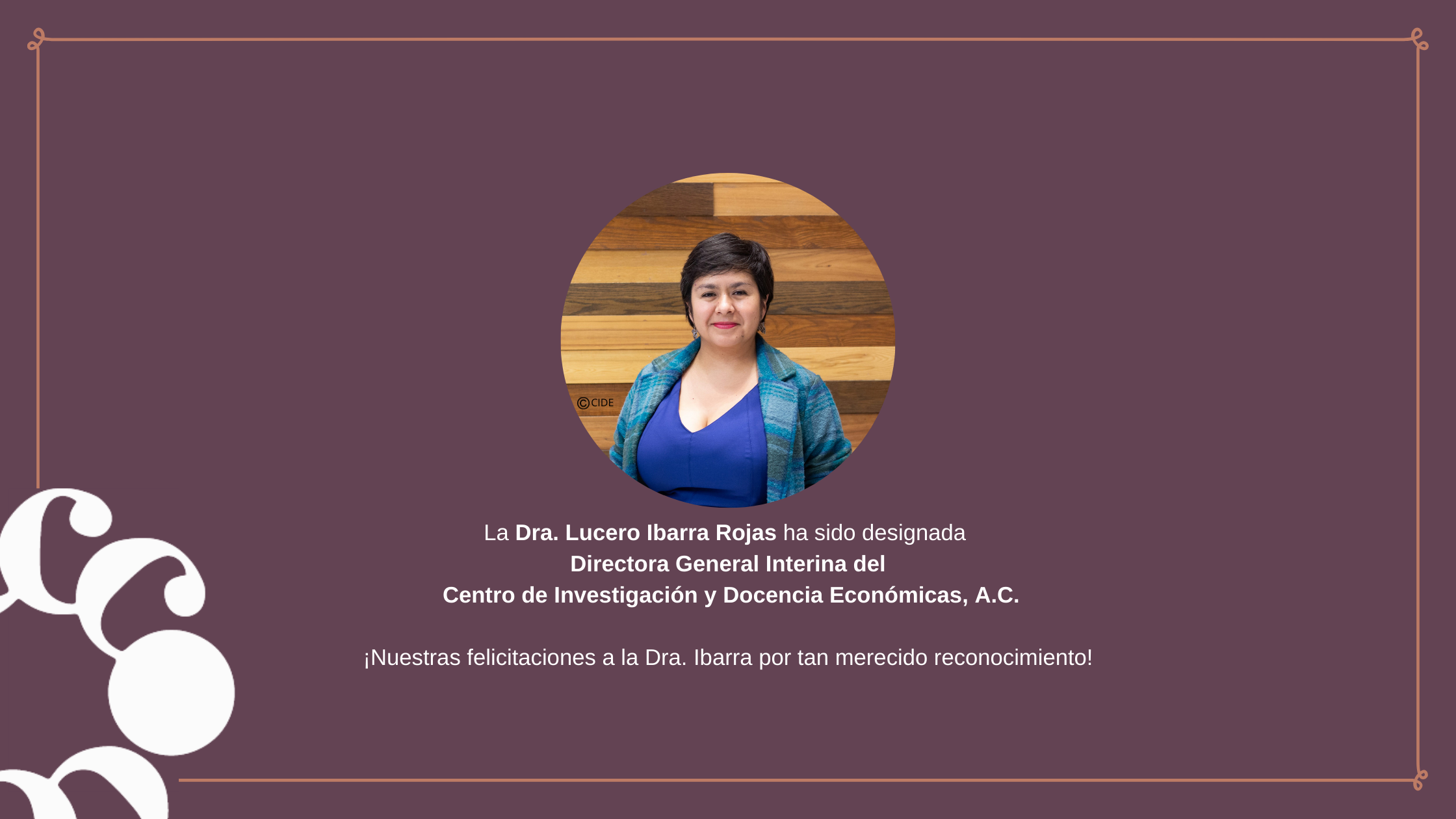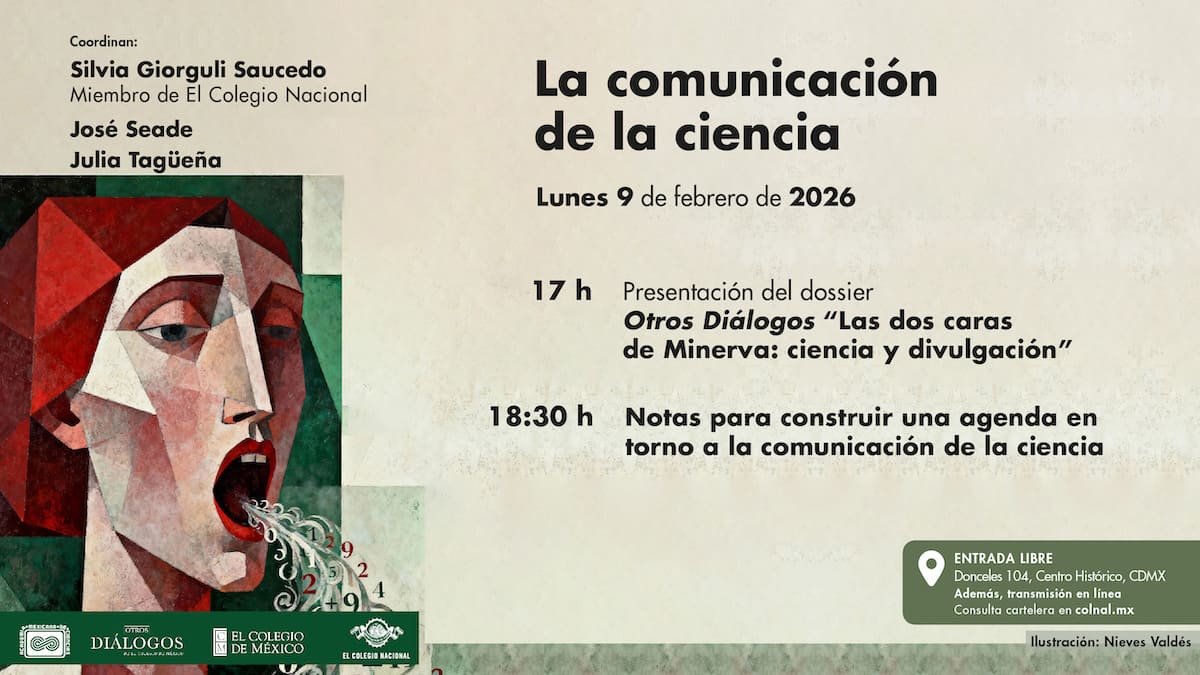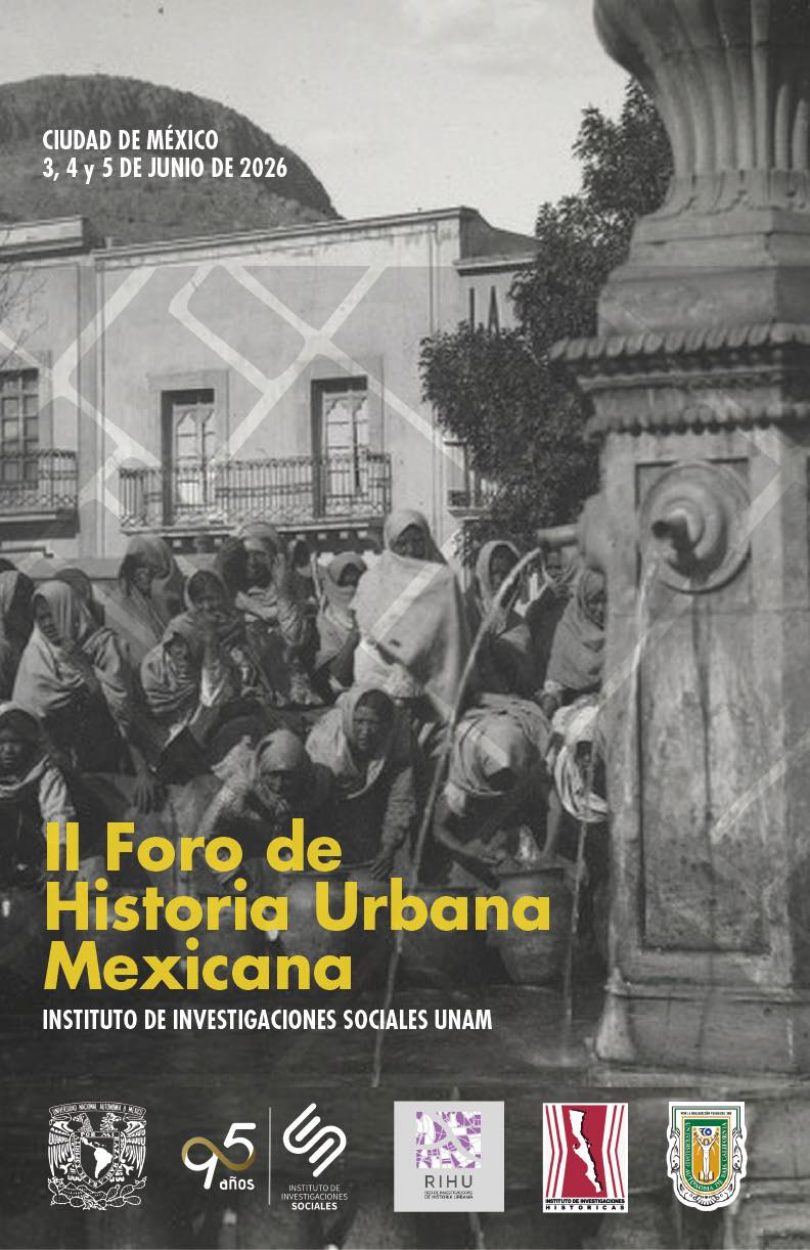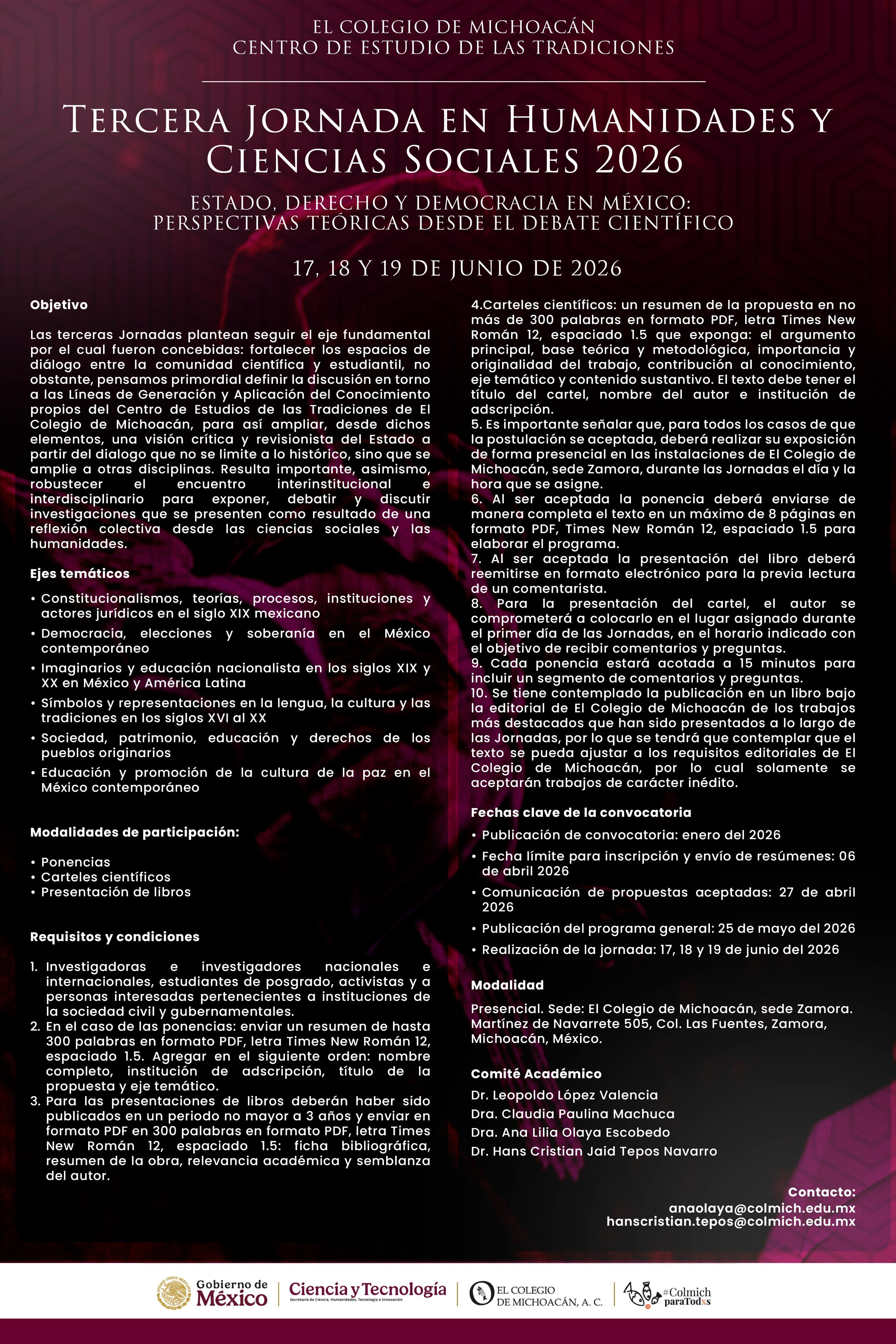Partecipazione & Conflitto, vol. 13, núm. 2
Partecipazione & Conflitto
Special Issue:The strategic role of public sector communication in the framework of open government
Vol 13, N. 2 (2020)
1. Introduction
Contemporary society is characterized by a growing sense of distrust in government and in public institutions (Edelman 2018, Rosanvallon and Goldhammer 2008). The pervasive impact of digital technologies and social media, as well as different activists and interest groups raising their voices to contribute to public policy debates, create a turbulent environment and numerous ethical challenges for communication professionals. These diverse voices seek not only to create new collaboration’s opportunities and to contribute to deliver public services, but also to protest or obstruct government actions (Bennett and Segerberg 2012, Coleman and Shane 2011). This plurality of voices is spread and made visible via the Internet and the social web, but it is also portrayed in media coverage, and integrated throughout public sector communication strategies and initiatives (Luoma-aho and Canel 2020). Overall this public discourse creates an ethical responsibility of public sector communicators to operate with honesty, rectitude, authenticity, and obligation to society (Bowen 2010). Ethical behavior is essential because relationships simply cannot exist in a positive, long-term sense without trust, or the reliance on the other party to take right, ethical action. We take these responsibilities to a new level by using this special issue to challenge even our shared understanding of the field with new, innovative, normative, and applied ideas to reset our common gestalt.
Re-connecting voices means intentionally and strategically aiming at creating flows, platforms, and environments where these different voices can meet, invigorate and face each other, enabling learning, participation, and dialogue. These opportunities offer innovative digital communication practices, fostering civic engagement or revitalizing forms of democracy. Many scholars refer to this area of communication as instilling symmetry through ongoing dialogical feedback loops (Grunig 2000). Scholars argue that this form of symmetrical communication (Grunig 1992, 2000), combined with a focus on ethics, helps to build trust in ongoing relationships (Bowen, Hung-Baesecke and Chen 2016).
In this context marked by plural arenas of interactions, public sector communication can have a strategic role to manage voices and relations with citizens, media and collectivity, involving them in different experiences and processes of democratic innovations (e.g., collaborative governance, public debate, territorial co-management) (Bartoletti and Faccioli 2016, D’Ambrosi 2019, De Blasio and Sorice 2016). In relation to these new approaches public sector communication has to be considered “goal-oriented communication inside organizations and between organizations and their stakeholders that enables public sector functions within their specific cultural and/or political settings, with the purpose of building and maintaining the public good and trust between citizens and authorities” (Canel and Luoma-aho 2019, 33). This perspective summarizes a long and rich debate around the apolitical function of communication produced by different public sector organizations (i.e., governments, municipalities, health authorities, universities, etc.) that started to be investigated in the first half of the last century, and then enriched by the contributions of many scholars from different disciplines and backgrounds including sociology of communication, public relations, political science, administrative and organizational studies (Canel 2007, Garnett 1997, Lee 2007, Luoma-aho and Canel 2020, McCamy’s 1939).
In this scenario, this special issue aims at critically investigating the plurality of voices and the remediation of communication strategies and practices before and after the Covid-19 crisis that is strongly impacting on contemporary society and media ecologies. From one side, the public sector voice will be taken into consideration, focusing on offline and digital communication implemented by public organizations, investigating ethical, sociological, and political implications. On the other side, this special issue will focus on citizens’ voices, investigating grassroots communication practices and dynamics of participation in conventional or unconventional ways. Undoubtedly, the Covid-19 pandemic can represent a turning point for public sector communication in terms of relationships with different publics (citizens, legacy media, civic society, politics, etc.), responsibility in the face of threat, ethical dialogue, and shared risk that needs to be investigated in its complexity, disruption, and innovativeness.
After a critical review of the definition, understanding, and characteristics of public sector communication, this article proposes an interpretative, dynamic model and some trajectories for research to understand the new challenges for public institutions to face the pandemic crisis and other future crises. The last part of this manuscript presents the different articles that compose this special issue, reconnecting topics, differing sensibilities, social contexts, and academic backgrounds.
Download
Te puede interesar
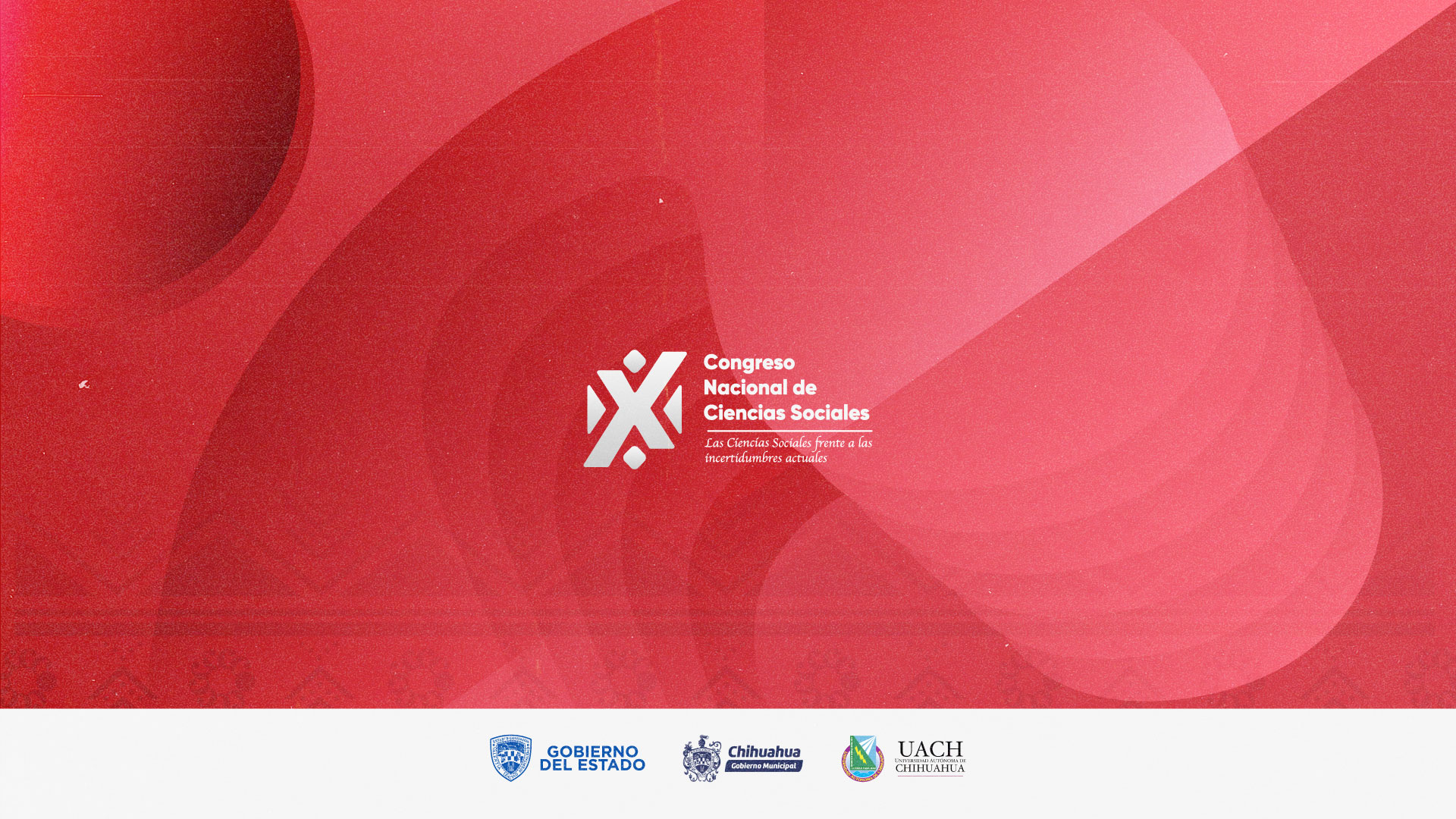
Hoteles con convenio | X Congreso Nacional de Ciencias Sociales
Laura Gutiérrez - Ene 28, 2026X Congreso Nacional de Ciencias Sociales Las Ciencias Sociales frente a las incertidumbres actuales del 23 al 27 de marzo…

Convocatoria Feria del libro
Laura Gutiérrez - Ene 07, 2026FERIA DEL LIBRO X CONGRESO NACIONAL DE CIENCIAS SOCIALES “Las Ciencias Sociales frente a las incertidumbres actuales” INVITACIÓN Información general…

Memorias del IX Congreso Nacional de Ciencias Sociales
Roberto Holguín Carrillo - Jul 02, 2025IX Congreso Nacional de Ciencias Sociales Las ciencias sociales y los retos para la democracia mexicana. Realizado en el Instituto…
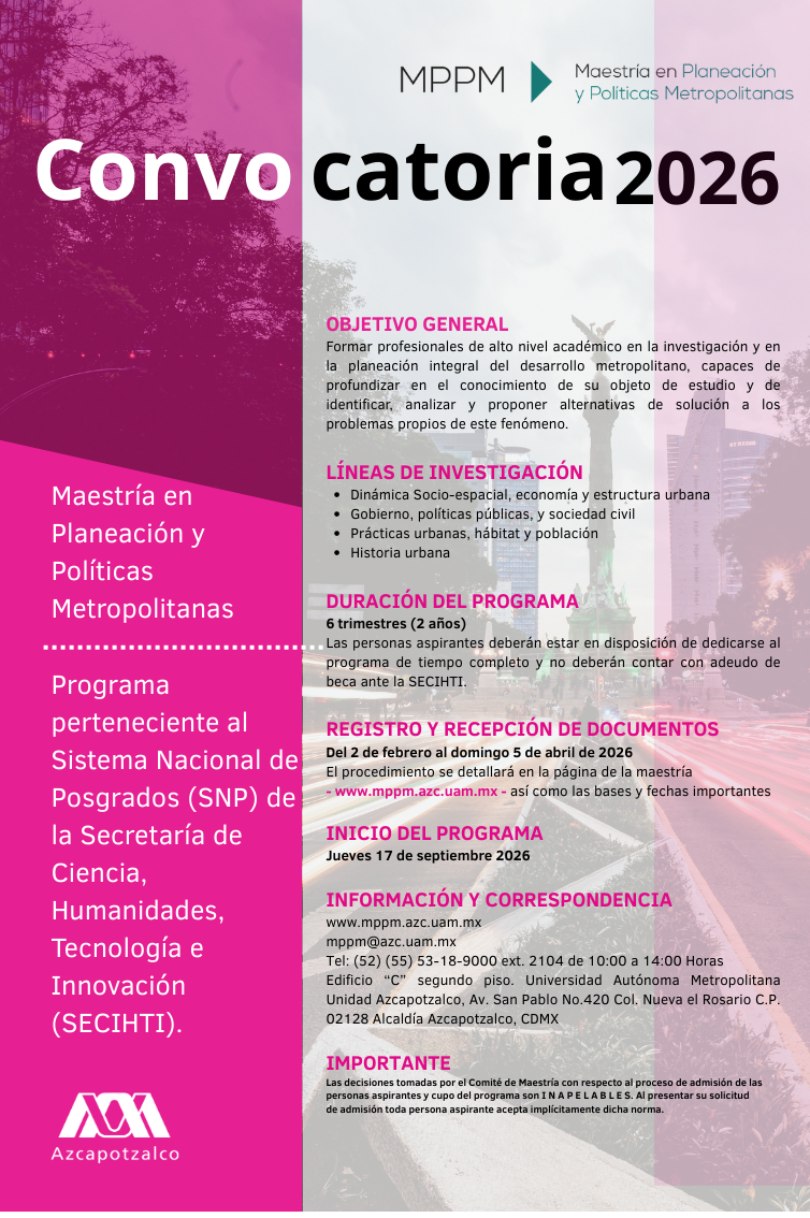
Maestría en Planeación y Políticas Metropolitanas
Laura Gutiérrez - Ene 29, 2026Universidad Autónoma Metropolitana, Unidad Azcapotzalco División de Ciencias Sociales y Humanidades Maestría en Planeación y Políticas Metropolitanas Convocatoria 2026 (Generación…
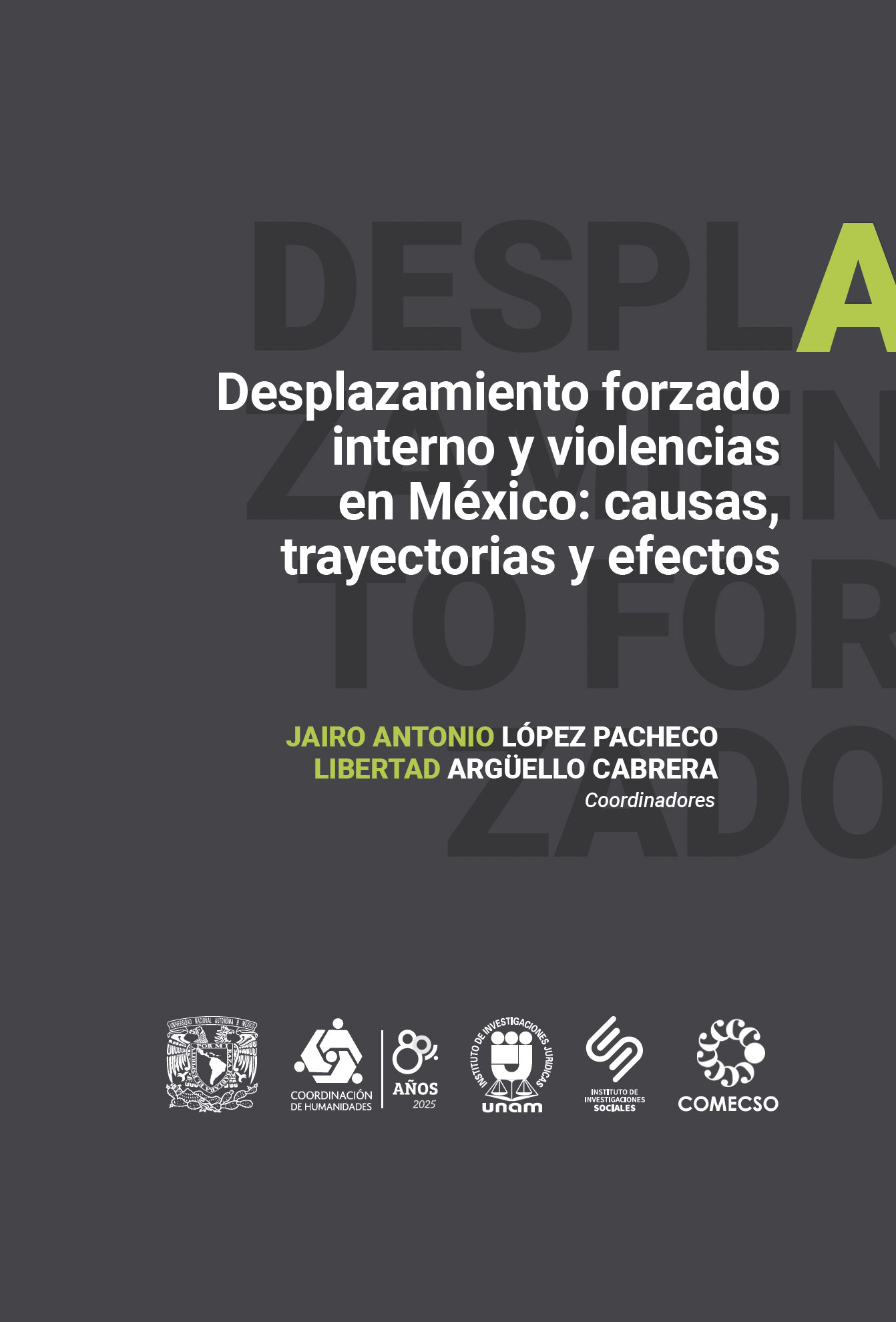
Desplazamiento forzado interno y violencias en México
comecso - Ene 28, 2026Desplazamiento forzado interno y violencias en México: causas, trayectorias y efectos Jairo Antonio López Pacheco y Libertad Argüello Cabrera Cooridnadores…
